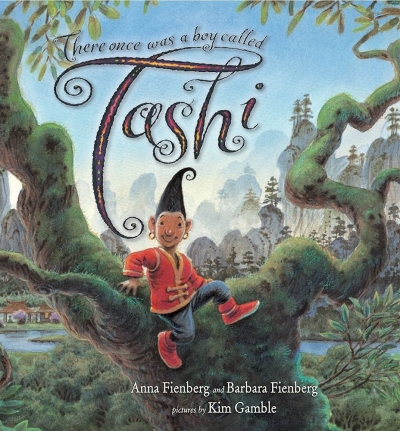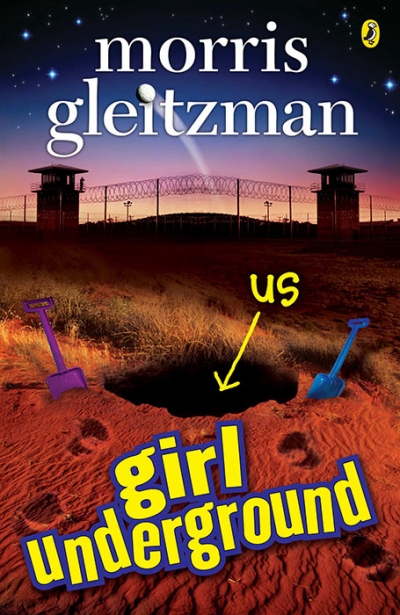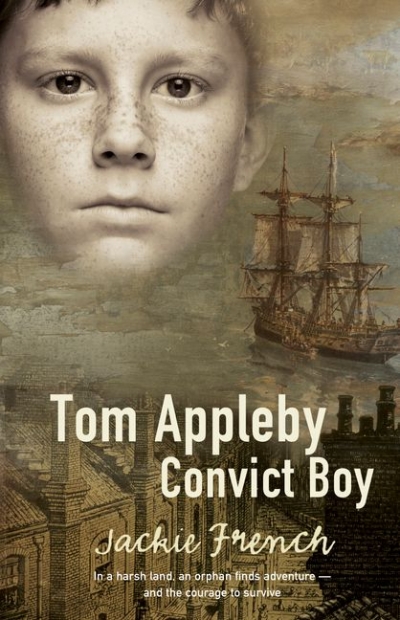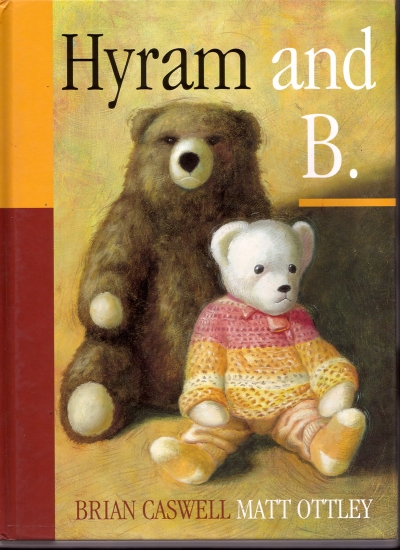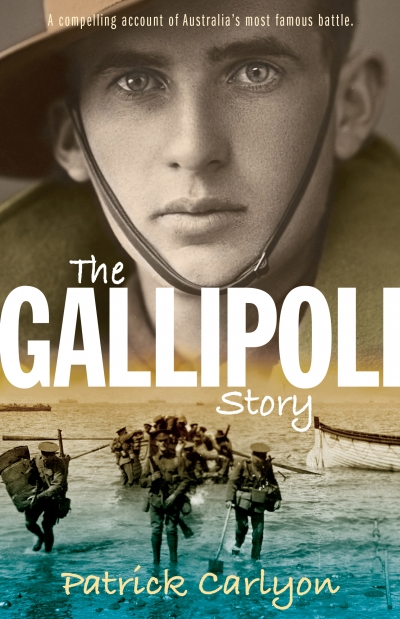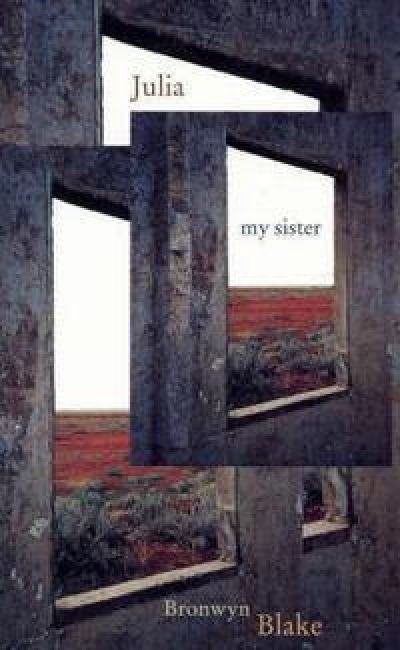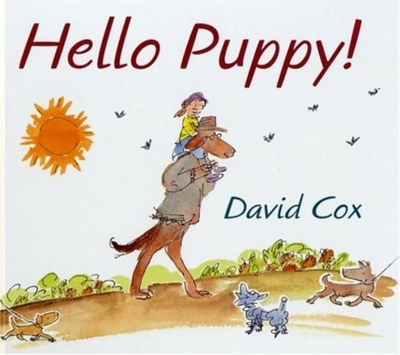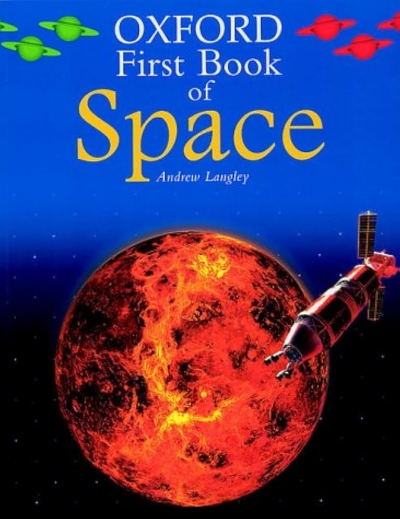Children's and Young Adult Books
There Once Was A Boy Called Tashi by Anna Fienberg and Barbara Fienberg, illustrated by Kim Gamble & The Boy, the Bear, the Baron, the Bard by Gregory Rogers
Girl Underground by Morris Gleitzman & Tiff and the Trout by David Metzenthen
Tom Appleby, Convict Boy by Jackie French & Stoker's Bay by Peter Jeans
Changes in the composition of the family or friendship group are among the most challenging situations to confront children, so it is no surprise that many books for the upper-primary-aged reader address this theme.
... (read more)Katharine England
My favourite books this year have all been tales of self-discovery. I loved the teenage characters emerging from their crude, protective, school-induced carapaces into engaging, tender individuality that Melina Marchetta draws with such affection and humour in Saving Francesca (Viking). I was riveted by the magical adventures, beautifully told, of a nameless Chinese slave girl as she grows into her prestigious and responsible dragon-tending role in Carole Wilkinson’s memorable Dragonkeeper (black dog books); and by the lyrical language and clever interweaving of themes (the horrors of Hiroshima with the power of story and the blessings of friendship) in Kierin Meehan’s Night Singing (Puffin).
... (read more)
